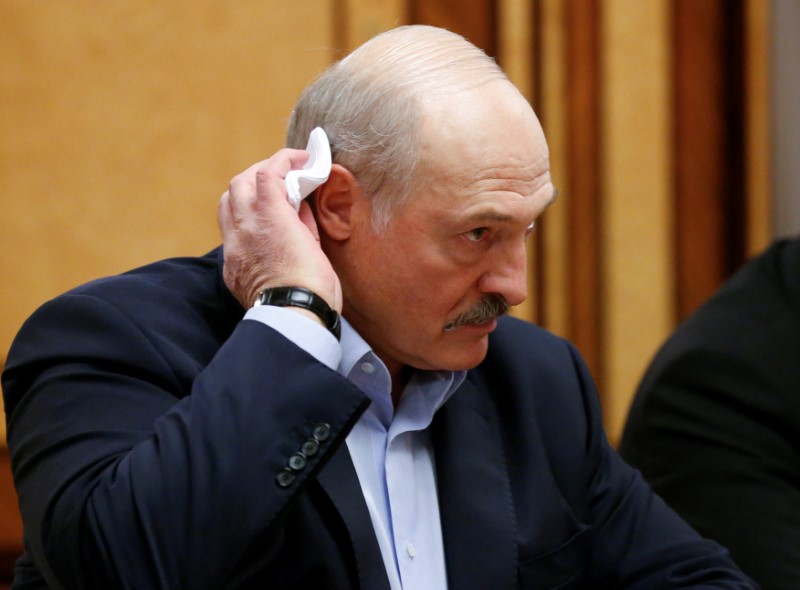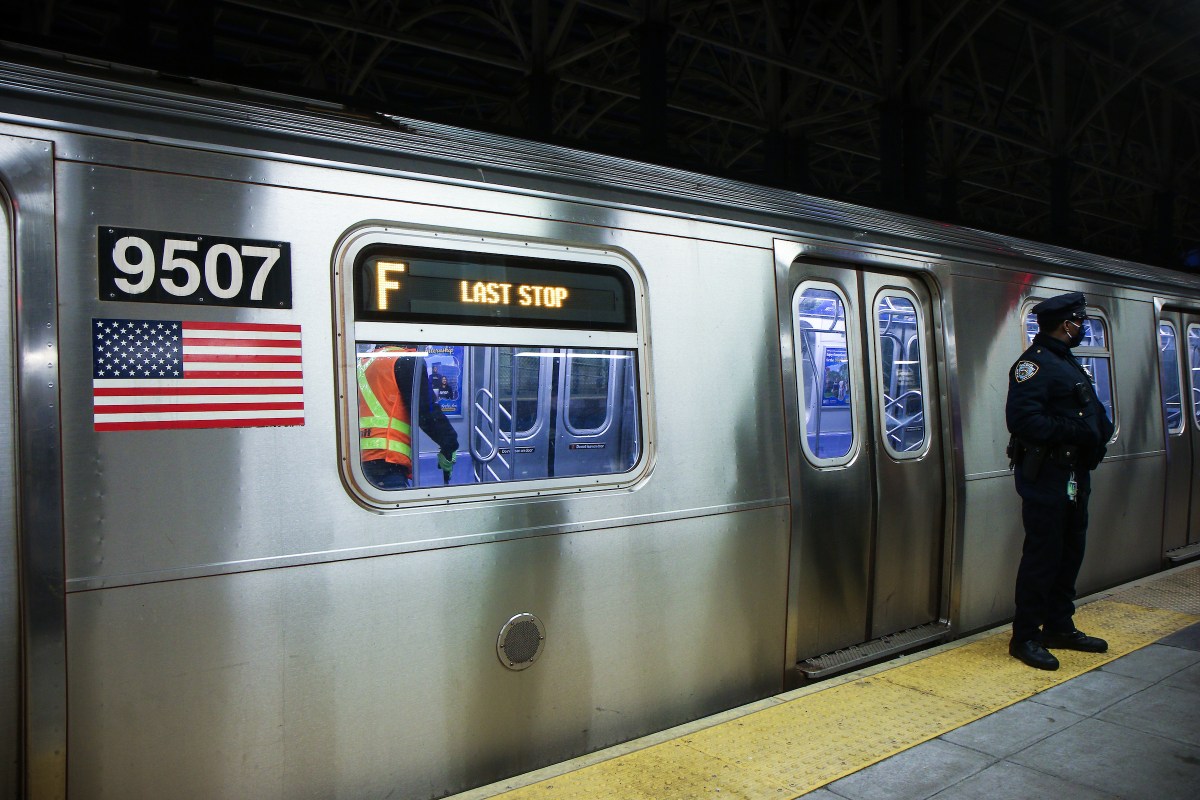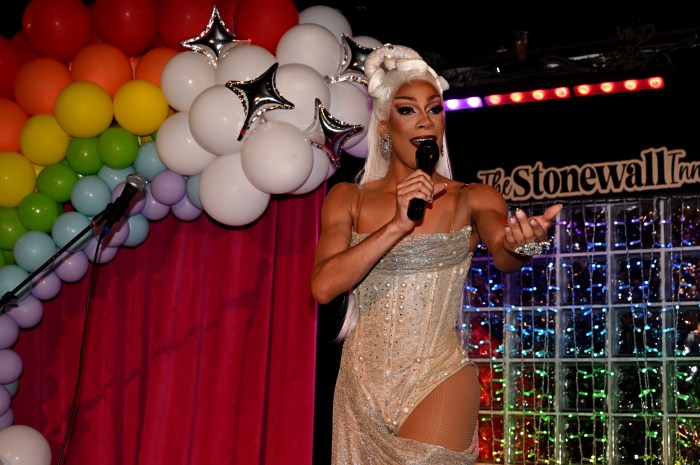MINSK (Reuters) – Belarusian President Alexander Lukashenko named a former diplomat who had been overseeing the defence industry as prime minister on Thursday, two months before a presidential election which poses his biggest political challenge in years.
Roman Golovchenko, who was previously head of the state military-industrial committee, replaces Sergei Rumas, who was dismissed with his entire government on Wednesday after less than two years in office.
The appointment of a man with experience in the defence sector is intended to consolidate power and signals Lukashanko’s readiness to get tough if necessary to hold on to power, political analysts said.
“Today is not the time for breaking things. It’s not even time to build,” said Lukashenko, who portrays himself as a guarantor of stability. “Today it is necessary to save what has already been built.”
Lukashenko, a 65-year-old former Soviet collective farm boss, has tolerated little opposition since taking office in 1994 and hopes to extend his long rule in the Aug. 9 election.
But public frustration with his handling of the coronavirus pandemic and grievances about the economy and human rights have reinvigorated opposition to his rule.
Thousands of people across the former Soviet republic of 9.5 million have been lining up at election meetings to show support for others seeking to run against Lukashenko.
“In a difficult situation for himself, Lukashenko wants to tighten the screws,” said political analyst Alexander Klaskovsky.
Police have arrested two of Lukashenko’s opponents but a repeat of previous crackdowns could undermine his attempts to build ties with the West as he tries to distance Belarus from traditional ally Russia, which has cut oil supplies and subsidies that propped up his rule.
Signalling their concern, the U.S., British and European Union missions said in a joint statement that media freedom and the right of peaceful assembly were “essential to legitimate elections.”
(Additional reporting by Anton Kolodyazhnyy; Writing by Alexander Marrow and Pavel Polityuk; Editing by Gareth Jones and Timothy Heritage)






















